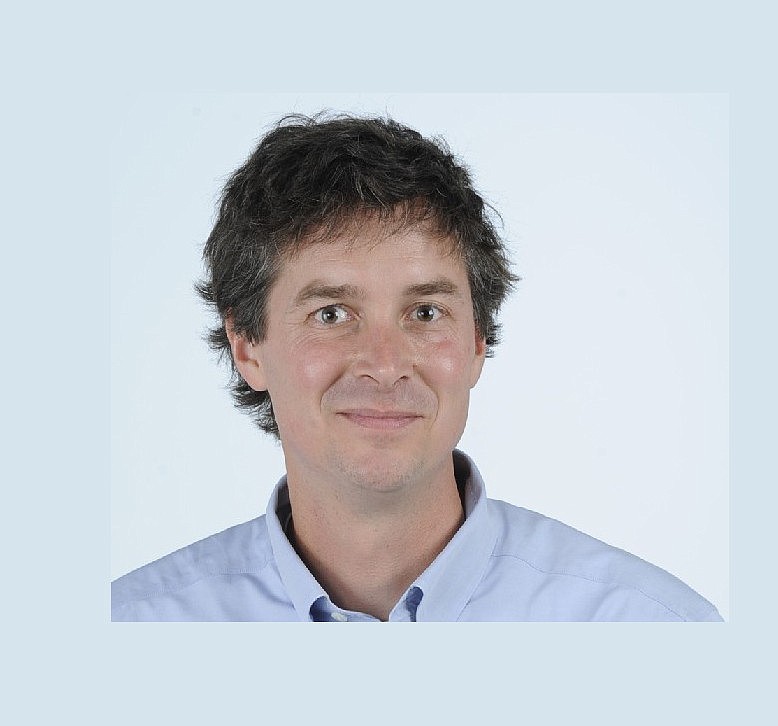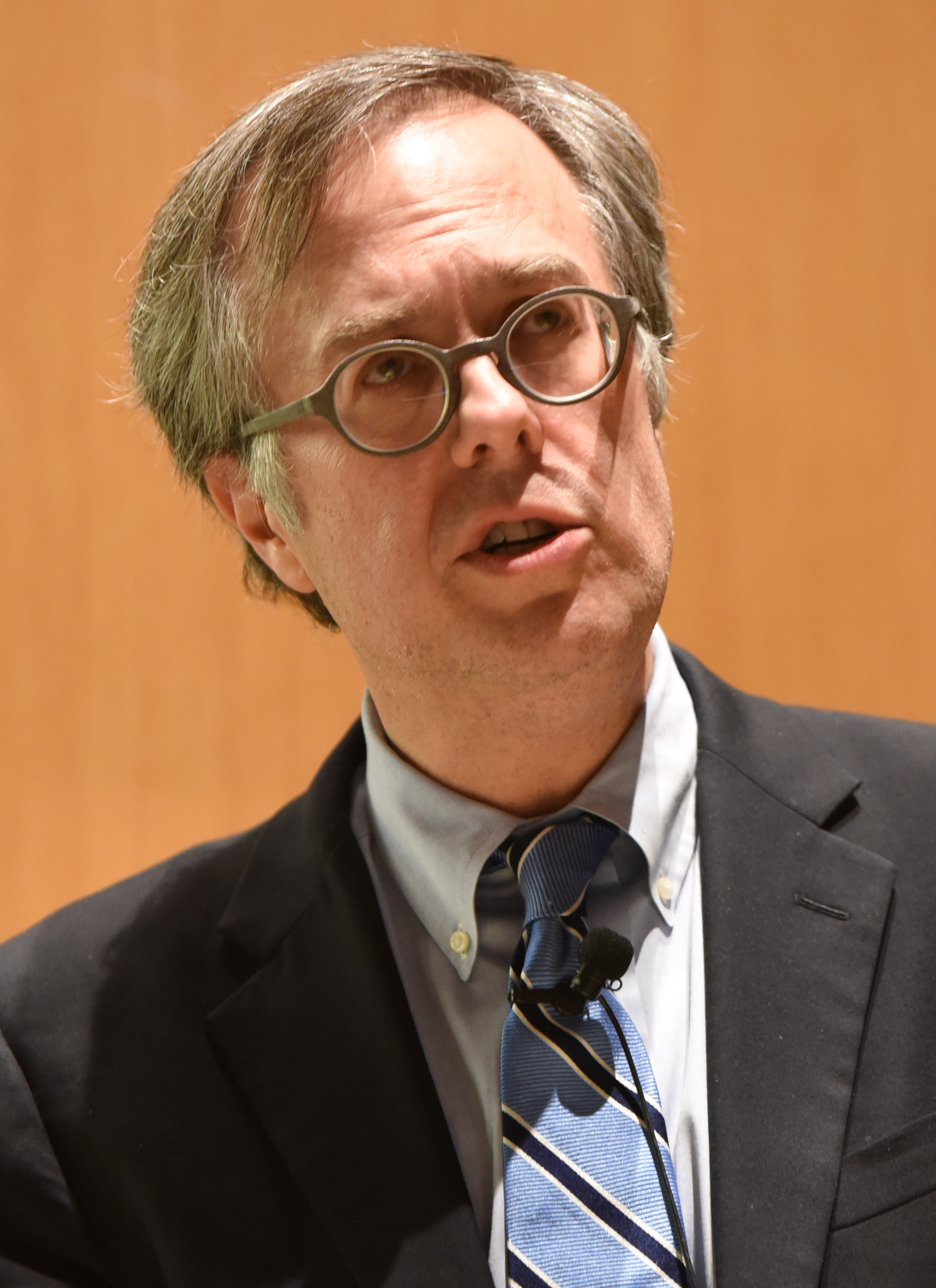A: The most moving thing I ever saw was at a rural clinic in Rwanda. I asked to see people with opportunistic infections that relate to AIDS. I was told they didn't have any cases. It's because 90-some percent of people in that area who needed AIDs drugs were on them.
When I first visited Africa in 2003, I saw full hospices, places people were going to die. I saw full AIDS wards and clinics, where people at least had the hope of health. Now to see empty wards?
That hospital was focusing on diabetes, low birth weight babies, heart disease. All of a sudden, they had the luxury of focusing on the diseases we focus on instead of emergencies related to infectious diseases.
When President Bush announced PEPFAR (President's Emergency Plan for AIDS Relief) in the State of the Union address in 2003, there were about 50,000 people in sub-Saharan Africa on AIDS treatments. The most recent numbers across two administrations is well over 7 million. It's literally saving the lives of millions. A lot of good people -- Republicans and Democrats -- contributed to this.
Q: What role should global poverty play in the 2016 campaign?
A: Global poverty can fit into a lot of people's world views. This is not some kind of altruistic add-on to American foreign policy. It is a centerpiece national security commitment. We are in a global competition of ideas when it comes to forces like radical jihadism. We have to provide, not just a message of military resolve, but an alternative to despair. Part of that is a hopeful global economic agenda, inclusive growth and global health. This is one of the important nonmilitary instruments of American influence around the world -- creating hope. Hope is an alternative to hatred.
Q: Talk about what you call 'heroic conservatism.'
A: I got to see George W. Bush up close. He often would say, "To whom much is given, much is required," when he talked about human rights and dignity and shared universal human value. That is a powerful message. We, as Americans, have ... a belief that human dignity is universal. And when we act in a manner that's consistent with that ideal, it serves us well.
One reason this is interesting to me is because of programs like PEPFAR or the malaria initiative. The political constituency they draw often includes traditionally liberal global health and human rights groups, and it includes religious conservatives, who have been some of the biggest supporters of AIDS funding in Washington, D.C. It attracts a different type of coalition and a very interesting one.
Q: What does that tell you?
A: That there are at least a few moral issues beyond the normal realm of political division and polarization. That's just strikes me as a very good and hopeful thing.
Q: Your advice to the Republican party in the 21st century?
A: We have a serious national problem with stalled economic mobility. There are large groups of people stuck in a recession that do not get better even when economic times are good. Republicans are going to have to craft a message to that group. Our levels of actual mobility are lower than Canada, Scandinavia and France. And that should offend people who are committed to the American ideal.
Q: Would you talk about Sen. Corker's influence and growing power in Washington?
A: Sen. Corker is broadly respected in both parties for his work ethic and his intellectual seriousness. This is a guy who has actually mastered issues and gained the respect of his colleagues. That to me is a rare thing.
Q: What is the message you'd like to communicate to those who didn't hear your speech?
A: Some of the most durable, difficult problems of the last 15 years have yielded exciting, productive ideas in a way that might surprise you. We have seen some of the largest gains in American standing and influence since the Marshall Plan. People should know about it. It's true with global health, development and a lot of issues. There is a lot of good news out there about what America has done, is doing and continues to do.
It's not a set of issues that divides us. It is a set of issues that has the capacity of uniting us, and that's good for the healing of American politics, not just our influence in the world. It's important to find those areas where we can honestly agree, where we're not questioning one another's motives all the time and where we can find common moral purposes in our politics.
Contact David Cook at dcook@timesfreepress.com or 423-757-6329. Follow him on Facebook and Twitter at DavidCookTFP.


